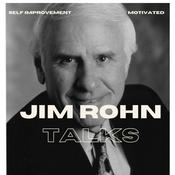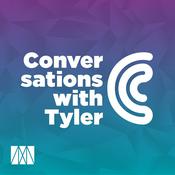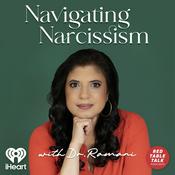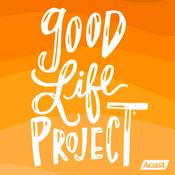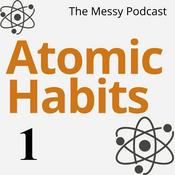120 episodes

Helping Preschoolers Manage Anxiety - SEL
2025/8/22 | 20 mins.
Seeds of Success SEL Curriculum https://bit.ly/teachingtrailblazersMY SHOP: https://www.pre-kpages.com/shop/MY BOOK: Teach Smarter: Literacy Strategies for Early Childhood Teachers: https://www.pre-kpages.com/teach-smar...MY AMAZON FAVORITES: https://pre-kpag.es/MyFavs Teaching TrailblazersTeach Smarter: Literacy Strategies for Early Childhood Teachers

How to Use Social-Emotional Learning to Keep Your Preschool Classroom Calm
2025/8/13 | 24 mins.
RESOURCES MENTIONED Rand Study: Pre-K Teacher Well-Being...in 2024 https://www.rand.org/pubs/research_reports/RRA3279-5.htmlSeeds of Success SEL Curriculum https://bit.ly/teachingtrailblazers---------------------------------------------------------------MY SHOP: https://www.pre-kpages.com/shop/GET MY BOOK: Teach Smarter: Literacy Strategies for Early Childhood Teachers: https://www.pre-kpages.com/teach-smarter-book/AMAZON SHOP: https://pre-kpag.es/MyFavs Teaching TrailblazersTeach Smarter: Literacy Strategies for Early Childhood Teachers

Managing Big Emotions in Preschoolers: SEL Tips for Teachers
2025/7/09 | 29 mins.
Links Mentioned:SOS CurriculumTeaching TrailblazersFeelings Check-In Book Lists Teaching TrailblazersTeach Smarter: Literacy Strategies for Early Childhood Teachers

Play Is Brain Fuel! The Science of Play & Academic Success in the Preschool Classroom
2025/6/25 | 26 mins.
In this episode of Elevating Early Childhood, Vanessa Levin speaks with Amanda Morgan, author of 'How Powerful Play Drives Development in Early Childhood,' about the evolving challenges of early childhood education. They discuss the crucial role of play in child development, the diminishing impact of preschool programs since 2000, and the importance of self-efficacy and agency in young learners. Amanda emphasizes the need for understanding and communication among teachers, parents, and administrators to foster a supportive learning environment centered on developmentally appropriate practices. The episode also explores how play-based learning supports mental health, social skills, and overall holistic development. Listeners interested in diving deeper can join Vanessa's summer study when they enroll in her Teaching Trailblazers program.00:00 Introduction and Guest Welcome00:49 The Importance of Play in Early Childhood Education02:51 Changes in Early Childhood Education Since 200007:27 Understanding and Valuing Play-Based Learning13:26 The Role of Self-Efficacy and Agency in Play18:42 Play as Fertilizer for the Brain25:16 Conclusion and Book Information Teaching TrailblazersTeach Smarter: Literacy Strategies for Early Childhood Teachers

What to Do During Circle Time
2024/9/02 | 15 mins.
Teaching TrailblazersTeach Smarter: Literacy Strategies for Early Childhood Teachers
More Education podcasts
Trending Education podcasts
About Elevating Early Childhood
Listen to Elevating Early Childhood, The Jordan B. Peterson Podcast and many other podcasts from around the world with the radio.net app

Get the free radio.net app
- Stations and podcasts to bookmark
- Stream via Wi-Fi or Bluetooth
- Supports Carplay & Android Auto
- Many other app features
Get the free radio.net app
- Stations and podcasts to bookmark
- Stream via Wi-Fi or Bluetooth
- Supports Carplay & Android Auto
- Many other app features


Elevating Early Childhood
download the app,
start listening.

